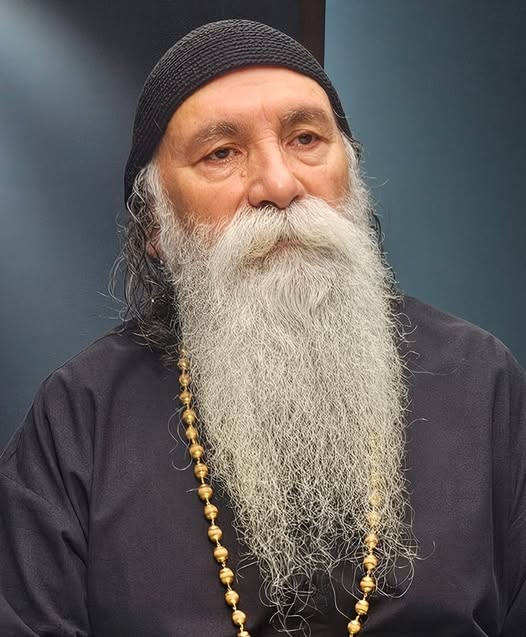“Enlightenment is the most essential thing in human life, not because it replaces the rest of experience, but because it gives meaning to every aspect of it. Awakening is not a rarity reserved for those who renounce the world, nor is it an experience confined to the extraordinary. It is a latent possibility in everyday actions, in the way we relate to each other, in the way we speak or remain silent. Although awakening is fundamental, not every word should revolve around it explicitly. Understanding does not advance through repetitive insistence, but through gradual integration. There are those who pursue truth in abstraction, forgetting that it is only in lived experience that truth manifests itself and is verified.
The Buddha did not restrict his teaching to meditation. He spoke of suffering, human relationships, food, language, behavior, and work. He understood that the dharma cannot remain isolated from the concrete realms of life. “I teach suffering and the end of suffering,” he declared. Understanding this cycle requires observing its appearance in the immediate present.
Nāgārjuna did not formulate emptiness to evade the world, but to show that nothing exists by itself. Everything depends on everything else. To see this interdependence is to understand that enlightenment does not occur apart from reality, but rather by recognizing that nothing is separate. To speak of time or language is also to walk the path.
Śāntideva taught that compassion cannot be separated from understanding emptiness. It is not about escaping the world, but about inhabiting it with a mind that does not cling. Enlightenment is not about withdrawing, but about transforming the intention from which one acts.
Dōgen affirmed that practice is itself enlightenment. Sweeping the floor, washing rice, or lighting a fire, if done with presence, are not minor acts. In Shōbōgenzō, he wrote: “The way is not in the other world; it is in this moment.” Body, speech, and posture were, for him, expressions of awakening.
Ramana Maharshi, when asked how to live without straying from the truth, replied: “Do whatever comes, but remain as the doer.” For him, it was not the type of action that mattered, but the root from which it was performed. Talking about family, work, or decisions does not imply distraction, as long as one does not forget who is acting.
This is what the wise recognized: enlightenment does not require the exclusion of any subject, because it is present in all of them. The mistake lies not in being concerned with the world, but in confusing oneself with it. Even when not referring directly to awakening, one can speak from its presence. If a word arises from attention and is oriented toward truth, it becomes practice. Living to awaken does not require reducing discourse to a single formulation. It requires remembering the essential while traversing the multiplicity of the concrete. Sometimes silence reveals the ultimate. Other times, a just gesture, a serene response, or a pause in the noise also express the same path.”
Prabhuji




